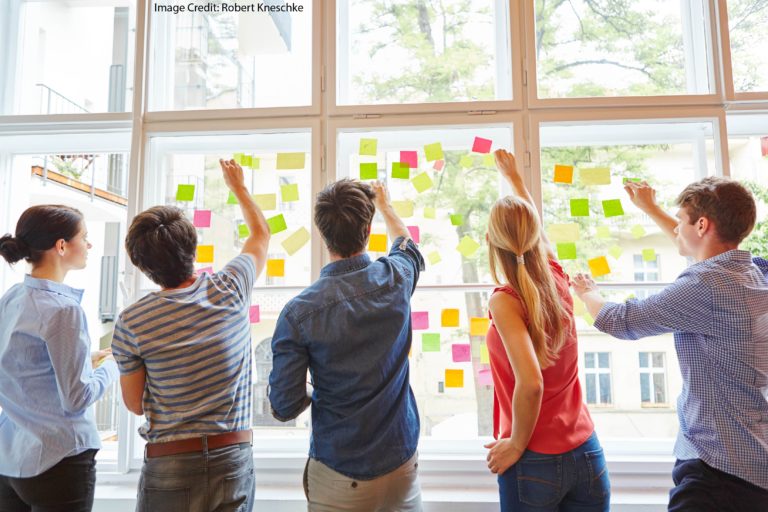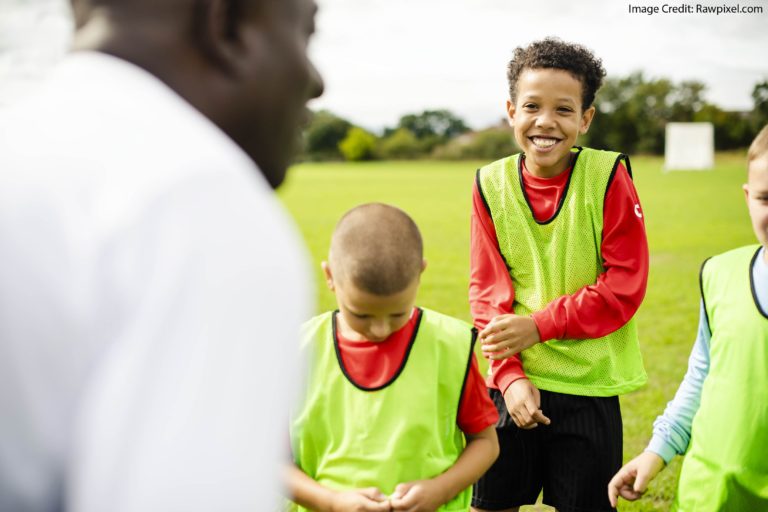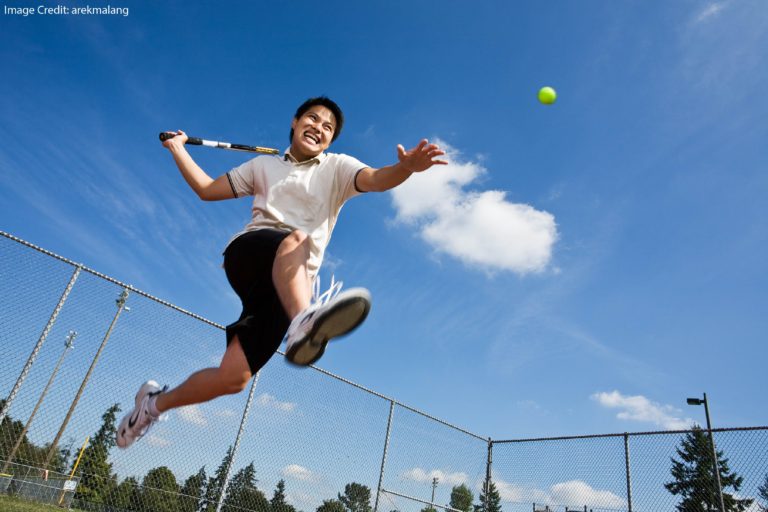-
ABOUT THE AUTHOR
Andrew Watson
Andrew began his classroom life as a high-school English teacher in 1988, and has been working in or near schools ever since. In 2008, Andrew began exploring the practical application of psychology and neuroscience in his classroom. In 2011, he earned his M. Ed. from the “Mind, Brain, Education” program at Harvard University. As President of “Translate the Brain,” Andrew now works with teachers, students, administrators, and parents to make learning easier and teaching more effective. He has presented at schools and workshops across the country; he also serves as an adviser to several organizations, including “The People’s Science.” Andrew is the author of "Learning Begins: The Science of Working Memory and Attention for the Classroom Teacher."
Tags
ADHD adolescence attention autism book review boundary conditions classroom advice conference speakers constructivism/direct instruction creativity desirable difficulty development dual coding elementary school embodied cognition emotion evolution exercise experts and novices gender high school homework intelligence long-term memory math methodology middle school mind-wandering mindfulness Mindset motivation neuromyths neuroscience online learning parents psychology reading retrieval practice self-control skepticism sleep STEM stress technology working memoryRecent Comments
- Goals, Failure, and Emotions: a Conceptual Framework |Education & Teacher Conferences on “Learning from Mistakes” vs. “Learning from Explanations”
- From Destruction to Rebuilding: Hope in Science’s Down Cycle on When Analogies Go Wrong: The Benefits of Stress?
- Dual Coding: Boosting Learning Through Words and Images – White Dragon of East County on Visual & Verbal: Welcome to “Dual Coding”
- "All People Learn the Same Way": Exploring a Debate |Education & Teacher Conferences on The Goldilocks Map by Andrew Watson
- URL on Difference Maker: Enacting Systems Theory in Biology Teaching, by Christian...
ABOUT THE BLOG

Taking Notes with Graphic Organizers
Researchers office us concrete advice on the best form for handwritten notes: outlines vs. graphic organizers; incomplete vs. complete. Continue reading

Do Collaborative Projects Reduce or Increase Working Memory Stress?
Should teachers ask students to work on projects in teams? This question generates a great…

Praising Researchers, Despite Our Disagreements
This blog often critiques the hype around “brain training.” Whether Lumosity or Tom Brady‘s “brain…
Can Teachers Be Trusted to Evaluate Research?
Too often, teachers hear that our judgment about classroom applications of scientific research isn’t to be trusted. And yet, teacher judgment is essential when applying research in the classroom. Given that psychology research affects classroom practice only when teachers use it, why put down the teachers who are essential partners in this process? Our field should focus not on competition, but on respectful collaboration. Continue reading
“Mindset Bull****,” “Gimmicks,” and Other Unhelpful Critiques
My friend Cindy Nebel has a thoughtful post about a recent article at TES. Here’s…

Good News! Contradictory Research on Desirable Difficulties…
As we regularly emphasize here on the blog, attempts to recall information benefit learning. That…

Is Your Classroom Worth More Than $10,000?
Here’s a remarkable story about potentially falsified research data. The short version: researchers James Heathers…

Healthy Snacks After Exercise? Depends on the Timing…
We’re likelier to make good snack choices before we exercise than after. This research finding gives us practical advice, and supports a well-known (but recently controversial) theory of self-control. Continue reading

Welcome to San Francisco
If you’re a regular blog reader, you just might be a frequent Learning and the…

There’s No Polite Way to Say “I Told You So”
Back in 2014, Pam Mueller and Dan Oppenheimer made headlines with their wittily titled study…

